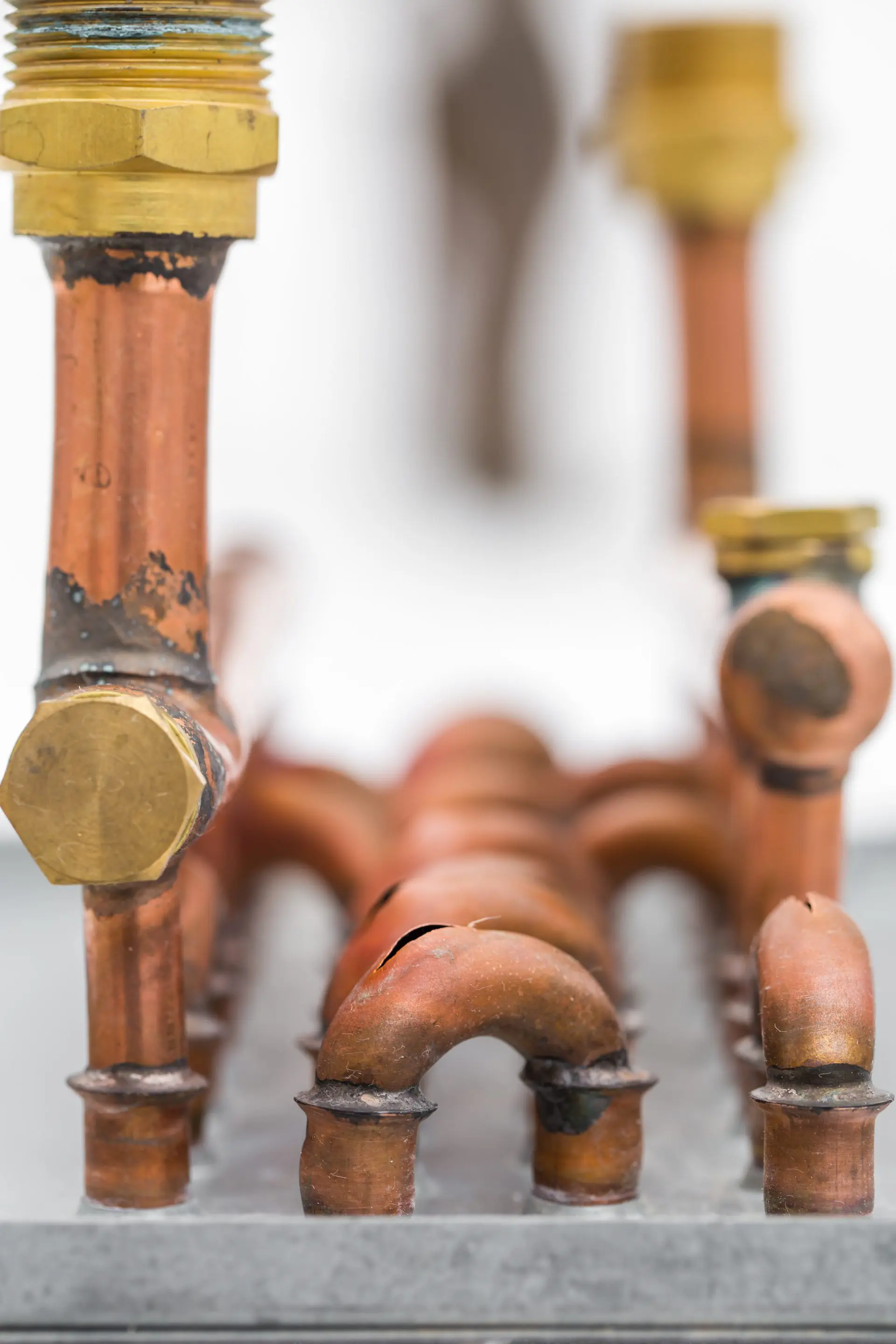As the summer heat fades and fall begins to settle in, it’s easy to overlook the impact that colder temperatures can have on your home’s plumbing system—particularly your water heater. But as temperatures drop, the water entering your home from the main supply also gets colder, causing your water heater to work harder to maintain its usual performance. The question we often hear is: Can colder temperatures affect your water heater? The short answer is yes, and this seasonal change can lead to a host of potential problems if not addressed properly.
At Green Group, we know the importance of preparing your plumbing system and water heater for the colder months ahead. In this blog, we’ll dive into how colder temperatures can affect your water heater and offer some practical solutions to keep it running smoothly all winter long.
Why Colder Temperatures Impact Your Water Heater
When cold weather arrives, it doesn’t just make you reach for an extra blanket—it also puts a strain on your water heater. As the temperature of the water coming into your home decreases, your water heater has to work harder to heat that colder water to your desired temperature. This increased workload can lead to several issues, including:
– Reduced Hot Water Supply: The water heater may struggle to keep up with demand, especially if multiple people are using hot water in quick succession.
– Higher Energy Bills: The more your water heater has to work, the more energy it consumes. As a result, you may notice a spike in your utility bills.
– Potential for Frozen Pipes: Colder temperatures increase the risk of freezing in your water lines, especially if your pipes are not properly insulated. If pipes freeze and burst, it can cause extensive damage.
So, can colder temperatures affect your water heater? Absolutely—and these problems can escalate if left unchecked. To avoid winter plumbing woes, here are a few things you can do to safeguard your water heater and plumbing system before the frost sets in.
Insulate Your Pipes and Water Heater
One of the most effective ways to protect your water heater and plumbing from cold temperatures is to insulate your pipes and the heater itself. When cold water flows through uninsulated pipes, it cools down more quickly, making your water heater work overtime. To prevent this, wrap your water lines with pipe insulation, especially in unheated areas such as basements, garages, and crawl spaces. This simple fix can go a long way in reducing heat loss and minimizing the risk of frozen pipes.
Additionally, insulating your water heater—especially if it’s located in an area susceptible to drafts, like a garage—can help maintain its efficiency. Wrapping your heater in an insulation blanket can prevent heat loss and improve the unit’s overall performance during the colder months.
Inspect for Leaks, Rust, and Water Damage
Before winter hits, take some time to thoroughly inspect your water heater and plumbing for any leaks, rust, or water damage. Even small leaks can become big problems when colder temperatures arrive. Freezing conditions can cause leaks to worsen, leading to water damage, mold growth, and higher repair costs down the road.
Pay close attention to:
– Loose Valves and Fittings: Make sure all valves and fittings are secure. Tighten any loose connections to prevent leaks.
– Rust and Corrosion: If you spot rust on your water heater, it may be a sign of internal corrosion. This can weaken the tank and lead to leaks or even a full system failure.
– Sediment Buildup: Over time, sediment can accumulate at the bottom of your water heater, reducing its efficiency and potentially causing damage. Regularly flushing your water heater will help prevent this buildup and keep your system running smoothly.
If you’re unsure about the condition of your water heater or notice any potential issues, it’s best to contact a professional for a comprehensive inspection. A skilled plumber can identify any hidden problems and recommend the best course of action to ensure your water heater is ready for the colder months ahead.
Turn Up the Thermostat Temperature (Carefully!)
As temperatures drop, you may find that your water isn’t as hot as you’d like. Adjusting your water heater’s thermostat is a simple solution to this problem. However, it’s important to be cautious when increasing the temperature.
The U.S. Department of Energy recommends setting your water heater to 120°F to strike a balance between comfort, safety, and energy efficiency. While turning the temperature up slightly during the winter can help combat the effects of colder incoming water, cranking it too high can lead to scalding and unnecessary energy consumption.
If you’re unsure how to adjust your water heater’s thermostat, or if you want to ensure it’s done safely and efficiently, consider calling in a professional. Energy.gov provides great guidelines on energy-efficient water heating practices.
Schedule a Pre-Winter Inspection
Fall is the perfect time to schedule a water heater inspection to ensure your system is prepared for the winter months. During an inspection, a Green Group professional will thoroughly examine your water heater for signs of wear and tear, clean any sediment buildup, check for leaks or rust, and ensure that the thermostat is properly calibrated. By addressing any potential issues now, you can avoid emergency repairs when freezing temperatures hit.
Stay Warm This Winter with Green Group
So, can colder temperatures affect your water heater? Yes, but with the right preparation and preventative maintenance, you can keep your system running smoothly all winter long. At Green Group, we’re here to help homeowners in Nashville, Franklin, Murfreesboro, and surrounding areas prepare their plumbing systems for the colder months ahead.
Whether you need a water heater repair, an inspection, or advice on winterizing your pipes, our expert team is just a phone call away. Don’t wait until you’re stuck with cold showers and high energy bills—contact us today to schedule an appointment and ensure your water heater is ready to tackle the winter chill.

